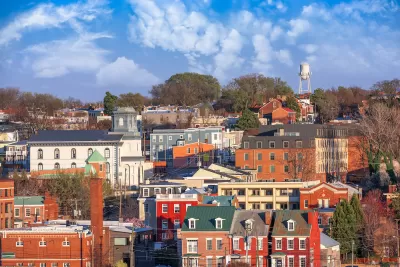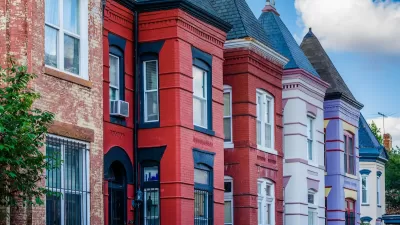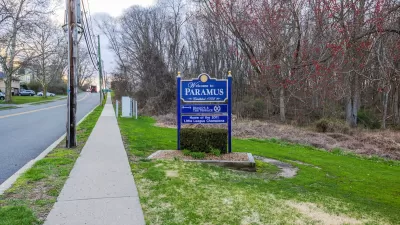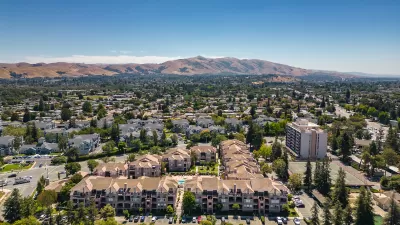Overly restrictive zoning regulations have stifled the housing supply and driven up rents across the Commonwealth.

A piece by Alex Horowitz and Chase Hatchett for Pew Trusts zeroes in on the housing affordability crisis in Virginia, where homelessness has risen by 13 percent in the last five years and the housing market is short roughly 105,000 units. Statewide, rents increased by 25 percent since 2017.
“In previous times, builders would construct new starter homes to fill that void, but restrictive zoning in most jurisdictions, both in Virginia and nationwide, has blocked lower-cost starter homes through drawn-out permitting processes, large minimum lot sizes, and banning town houses and duplexes.” Yet research shows that the availability of more diverse types of housing lowers average rent costs and offers residents more options for affordable living. “If allowed by zoning, living in smaller homes—whether apartments or otherwise—closer to jobs, schools, stores, and extended family is attractive to many people to reduce commutes, transportation costs, and time spent in traffic.”
FULL STORY: How Restrictive Zoning in Virginia Has Hurt Housing Affordability

Montreal Mall to Become 6,000 Housing Units
Place Versailles will be transformed into a mixed-use complex over the next 25 years.

Planetizen Federal Action Tracker
A weekly monitor of how Trump’s orders and actions are impacting planners and planning in America.

DARTSpace Platform Streamlines Dallas TOD Application Process
The Dallas transit agency hopes a shorter permitting timeline will boost transit-oriented development around rail stations.

Study: 4% of Truckers Lack a Valid Commercial License
Over 56% of inspected trucks had other violations.

Chicago Judge Orders Thousands of Accessible Ped Signals
Only 3% of the city's crossing signals are currently accessible to blind pedestrians.

Philadelphia Swaps Car Lanes for Bikeways in Unanimous Vote
The project will transform one of the handful of streets responsible for 80% of the city’s major crashes.
Urban Design for Planners 1: Software Tools
This six-course series explores essential urban design concepts using open source software and equips planners with the tools they need to participate fully in the urban design process.
Planning for Universal Design
Learn the tools for implementing Universal Design in planning regulations.
City of Mt Shasta
City of Camden Redevelopment Agency
City of Astoria
Transportation Research & Education Center (TREC) at Portland State University
US High Speed Rail Association
City of Camden Redevelopment Agency
Municipality of Princeton (NJ)





























